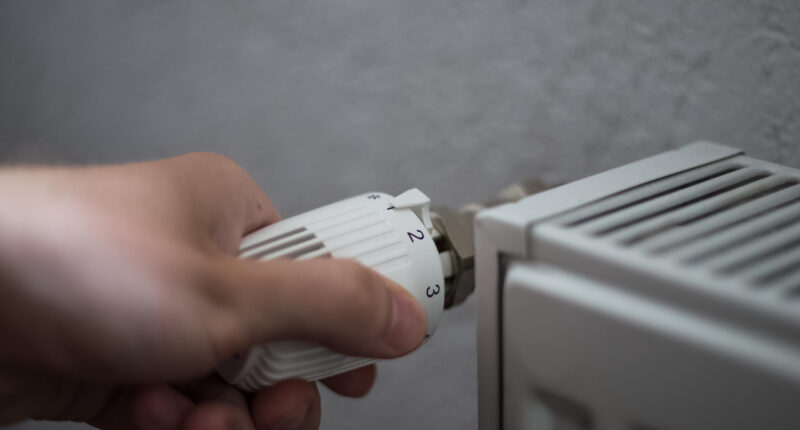HOUSEHOLDS planning a trip away from home during winter may be wondering whether they should keep the heating on.
Energy prices have soared to now be capped at £2,500 for the average household under the Energy Price Guarantee (EPG).
The support by the government is set to remain at that level until April 2023, when it’ll increase to £3,000 for 12 months.
It’s inevitably pushing up the cost of keeping your heating on in the winter, but turning it off when you go away can be risky.
Due to the chance of cold temperatures freezing your pipes, you may want to keep it on at a low temperature for a few hours a day.
Frozen pipes can cost you more to fix in the long run, compared to keeping the heating on.


“There are some benefits to leaving your heating on for a small amount of time if you’re not going to be in the house for a while, Ben Gallizzi, energy expert at Uswitch, told The Sun.
“It may stop pipes from freezing during cold winter months, and keep the system working properly.”
Which temperature to keep it at
You don’t need to keep the heating on at full blast to prevent your pipes from freezing.
Instead, simply reduce the number of hours that your central heating system is timed to go on for and lower the thermostat to reduce consumption, Mr Gallizzi added.
Most read in Money
He recommended setting the thermostat at about 10°C degrees.
Meanwhile, Joanna O’Loan, knowledge manager at Energy Saving Trust, said you can set it even lower at 5°C degrees.
She noted modern boilers also often have in-built frost protection to stop them from dropping below freezing.
How much does it cost to run the heating
The overall cost of running your central heating will depend on a number of factors, such as the type of boiler you have.
The average cost, however, is 11.51p per kilowatt-hour, according to recent figures from CheckaTrade.
This means that if you have a 24 kW boiler, it might cost you £2.76 an hour.
So if you have your heating on overnight for eight hours, it could cost you £22.08.
Multiply that by seven and you’re paying £154.56 for the week.
In other words, if you have a timer and can reduce the hours it’s used and the temperature, it’s worth doing.










